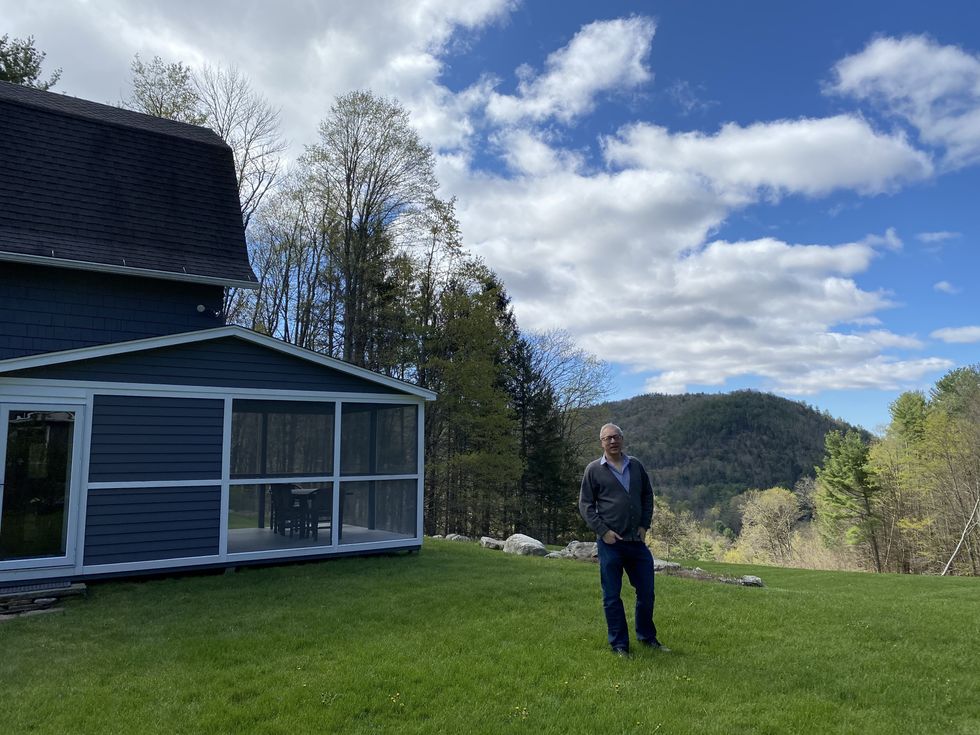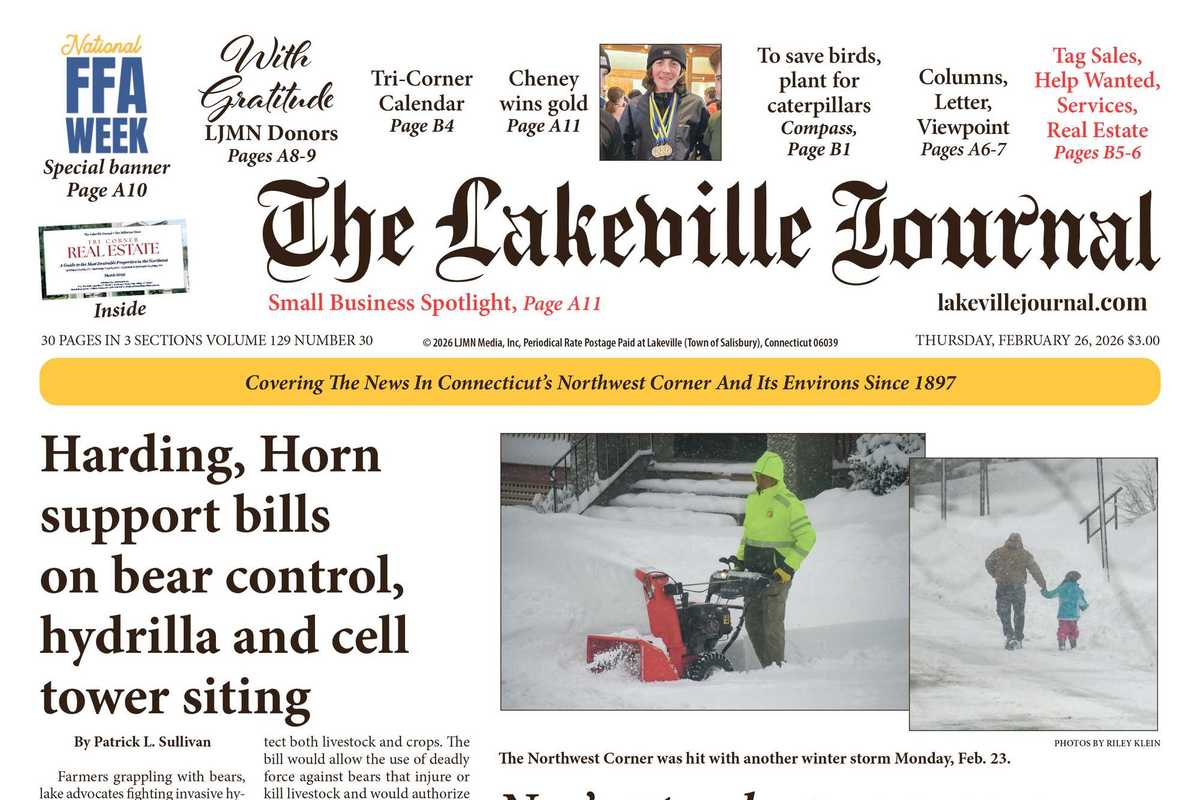A Trail of Memories, from General Patton to His Own Family History

Jurgen Kalwa is writing a book about Ladislas Farago — who wrote the book that became the film “Patton” while living in what is now Kalwa’s house in Sharon, Conn.
Photo by Cynthia Hochswender


 lakevillejournal.com
lakevillejournal.com 







 Visitors consider Norman Rockwell’s paintings on Civil Rights for Look Magazine, “New Kids in the Neighborhood” (1967) and “The Problem We All Live With” (1963.) L. Tomaino
Visitors consider Norman Rockwell’s paintings on Civil Rights for Look Magazine, “New Kids in the Neighborhood” (1967) and “The Problem We All Live With” (1963.) L. Tomaino





